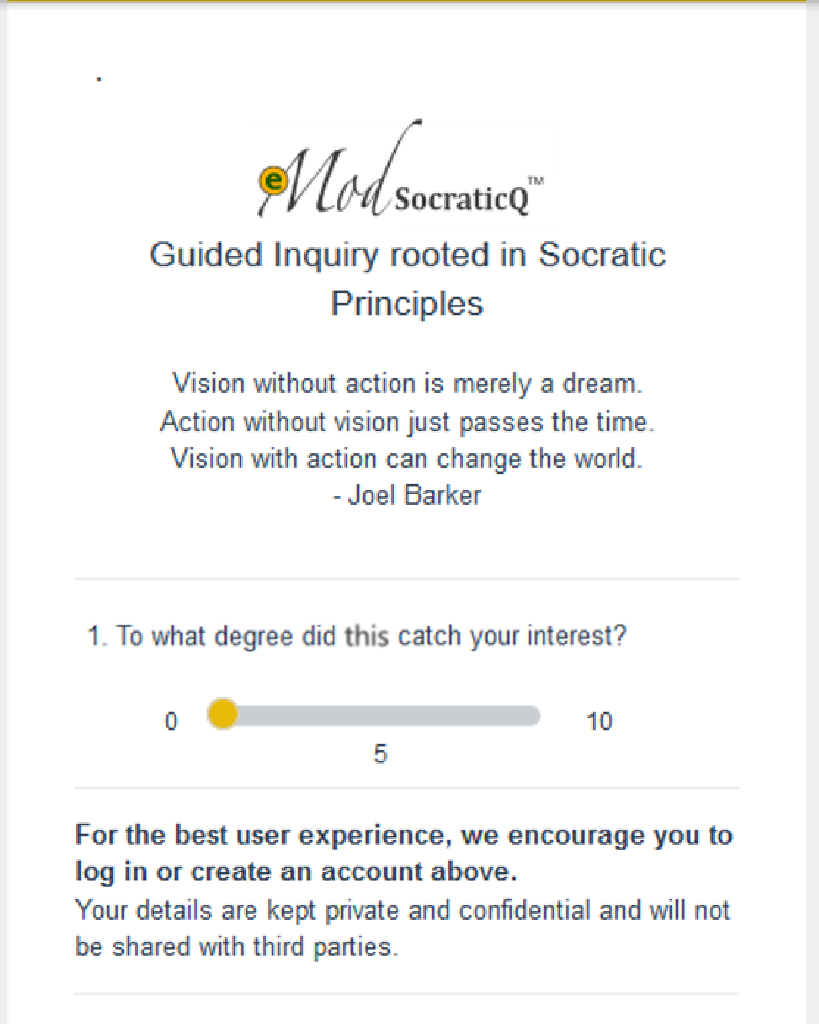
Agenda 21 - "Great Reset"
Agenda 21 (Sustainable Development) - drafted and adopted by the UN on June 14, 1992
2030 Agenda for Sustainable Development (Agenda 21 Rebranded) - adopted by all UN member states on September 27, 2015 with a 15-year rollout strategy
It is strongly urged that before any conclusions are reached those seeking to understand the position AwareComm is taking on the original UN Agenda 21 and any subsequent plan re-writes should examine the plan in its entirety.
If the UN agenda for a sustainable planet is looked upon as a guiding set of suggestions for individuals to focus their attention and raise awareness, then no real danger may come of it. It is a good list of things to bear in mind as one reflects upon their relationship with the earth.
However, when the UN agenda is put into ANY form of enforceable regulatory doctrine, law or otherwise, it becomes clear how the greatest injustice that could be inflicted upon any person would take place, the loss of individual authority, responsibility and accountability.
The following excerpt from the original 1992 plan illustrates the call to remove land-owner rights. You can't be trusted to manage your own land, so a government representative will interpret guiding doctrine and assume management of it, which may include turning it over to a conservatory or developing it into an instrument of commerce.
Expanding human requirements and economic activities are placing ever increasing pressures on land resources, creating competition and conflicts and resulting in suboptimal use of both land and land resources. If, in the future, human requirements are to be met in a sustainable manner, it is now essential to resolve these conflicts and move towards more effective and efficient use of land and its natural resources. Integrated physical and land-use planning and management is an eminently practical way to achieve this.
Agenda 21 – Chapter 10
INTEGRATED APPROACH TO THE PLANNING AND MANAGEMENT OF
LAND RESOURCES
The following excerpts from from the original 1992 plan illustrates the call to manage the human population. It calls for countries to "make appropriate provision to monitor their strategies..."
5.50 Governments should take active steps to implement, as a matter of urgency, in accordance with country-specific conditions and legal systems, measures to ensure that women and men have the same right to decide freely and responsibly on the number and spacing of their
children and to have access to the information, education and means, as appropriate to enable them to exercise this right in keeping with their freedom, dignity and personally held values, taking into account ethical and cultural considerations.5.51 Governments should take active steps to implement programmes to establish and strengthen preventive and curative health facilities that include women centred. women-managed, safe and effective reproductive healthcare and affordable, accessible services, as appropriate, for the responsible planning of family size, in keeping with freedom, dignity and personally held values and taking into account ethical and cultural considerations.
Human settlement objective
7.4. The overall human settlement objective is to improve the social, economic and environmental quality of human settlements and the living and working environments of all people, in particular the urban and rural poor. Such improvement should be based on technical cooperation activities, partnerships among the public, private and community sectors and participation in the decision-making process by community groups and special interest groups such as women, indigenous people, the elderly and the disabled. These approaches should form the core principles of national settlement strategies. In developing these strategies, countries will need to set priorities among the eight programme areas in this chapter in accordance with their national plans and objectives, taking fully into account their social and cultural capabilities. Furthermore, countries should make appropriate provision to monitor the impact of their strategies on marginalized and disenfranchised groups, with particular reference to the needs of women.
7.5. The programme areas included in this chapter are:
a. Providing adequate shelter for all;
b. Improving human settlement management;
c. Promoting sustainable land-use planning and management;
d. Promoting the integrated provision of environmental infrastructure: water, sanitation, drainage and solid-waste management;
e. Promoting sustainable energy and transport systems in human settlements;
f. Promoting human settlement planning and management in disaster-prone areas;
g. Promoting sustainable construction industry activities;
h. Promoting human resource development and capacity-building for human settlement development.
As it relates to controlling the above-quoted Agenda 21 items, the only conclusion is to move all people into carefully government managed cities where they can themselves be managed, leaving the stewardship of the land and its resources to an assumed far more capable and responsible governing body.
See how the current UN Sustainable Development Goals stack up:
- No Poverty
- Zero Hunger
- Good Health and Well-Being
- Quality Education
- Gender Equality
- Clean Water and Sanitation
- Affordable and Clean Energy
- Decent Work and Economic Growth
- Industry, Innovation and Infrastructure
- Reduced Inequalities
- Sustainable Cities and Communities
- Responsible Consumption and Production
- Climate Action
- Life Below Water
- Life On Land
- Peace, Justice and Strong Institutions
- Partnerships for the Goals
(goals taken from: https://www.un.org/sustainabledevelopment/sustainable-development-goals/)
Would you trust your government to effectively manage measures to responsibly address the goals above?

